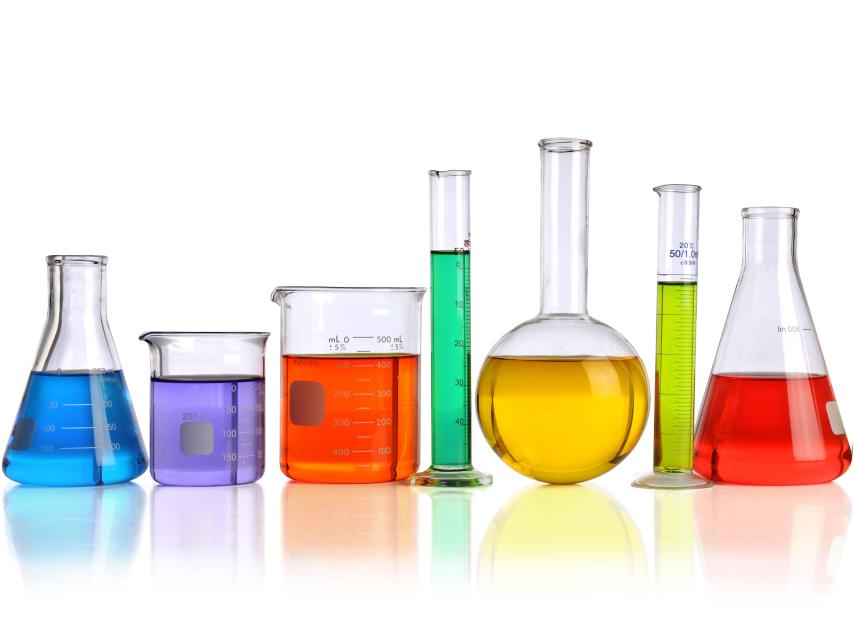Fertilizer Inorganic Composition Testing
Inorganic compounds in fertilizers play a crucial role in plant nutrition and growth. The composition of these compounds directly influences soil quality, crop yield, and overall agricultural productivity. Understanding the exact concentrations of key elements such as nitrogen (N), phosphorus (P), potassium (K), calcium (Ca), magnesium (Mg), sulfur (S), iron (Fe), zinc (Zn), manganese (Mn), copper (Cu), boron (B), molybdenum (Mo), and chlorine (Cl) is essential for optimizing fertilizer formulations.
Our laboratory specializes in comprehensive testing of the inorganic composition of fertilizers. This service ensures that producers, quality managers, compliance officers, and R&D engineers can make informed decisions based on accurate and reliable data. The testing process involves several stages:
- Sample Preparation: Samples are collected from various batches to ensure a representative sample.
- Chemical Digestion: Samples undergo digestion using strong acids like nitric acid and perchloric acid in an oven at high temperatures.
- Spectroscopic Analysis: The digested samples are analyzed using Inductively Coupled Plasma Mass Spectrometry (ICP-MS) for trace elements, and Atomic Absorption Spectrophotometry (AAS) for macroelements like N, P, K, Ca, Mg.
- Quantitative Determination: Results are quantified according to internationally recognized standards such as ISO 17025 and ASTM D3948-96. These standards ensure that our testing methods are accurate and reproducible.
The results of this testing are critical for ensuring compliance with local and international regulations, optimizing fertilizer formulations for maximum crop yield, and minimizing environmental impact. By understanding the exact composition of inorganic compounds, farmers can apply fertilizers more precisely, reducing waste and enhancing sustainability.
Our laboratory uses state-of-the-art equipment to provide precise and reliable results. Our team of experienced analysts ensures that every test is conducted with utmost care and attention to detail. The accuracy of our testing is further enhanced by regular calibration of instruments and adherence to strict quality control protocols.
Benefits
- Enhanced Crop Yield: Accurate inorganic composition data allows for optimized fertilizer application, leading to higher yields without over-fertilization.
- Improved Soil Health: Understanding the specific needs of different soils helps in maintaining soil fertility and structure.
- Regulatory Compliance: Our testing ensures that fertilizers meet all relevant local and international standards, reducing the risk of non-compliance penalties.
- Sustainability: By optimizing fertilizer use, we help reduce environmental impact and promote sustainable agricultural practices.
Customer Impact and Satisfaction
The primary goal of our inorganic composition testing service is to provide customers with reliable data that they can trust. Our clients include quality managers, compliance officers, R&D engineers, and procurement specialists who rely on us for accurate information.
- Quality Assurance: By ensuring that fertilizers meet the required standards, we help our clients maintain a high level of product quality.
- Risk Management: Our testing helps identify potential risks in fertilizer formulations and provides actionable insights for mitigation.
Environmental and Sustainability Contributions
Inorganic composition testing plays a vital role in promoting environmental sustainability. By optimizing the use of fertilizers, we help reduce waste, minimize nutrient runoff into water bodies, and prevent soil degradation.
- Nutrient Management: Accurate data ensures that only necessary amounts of each element are applied to the soil, reducing excess nutrients that can harm ecosystems.
- Water Quality Protection: Proper fertilizer application helps prevent water pollution from agricultural runoff.





